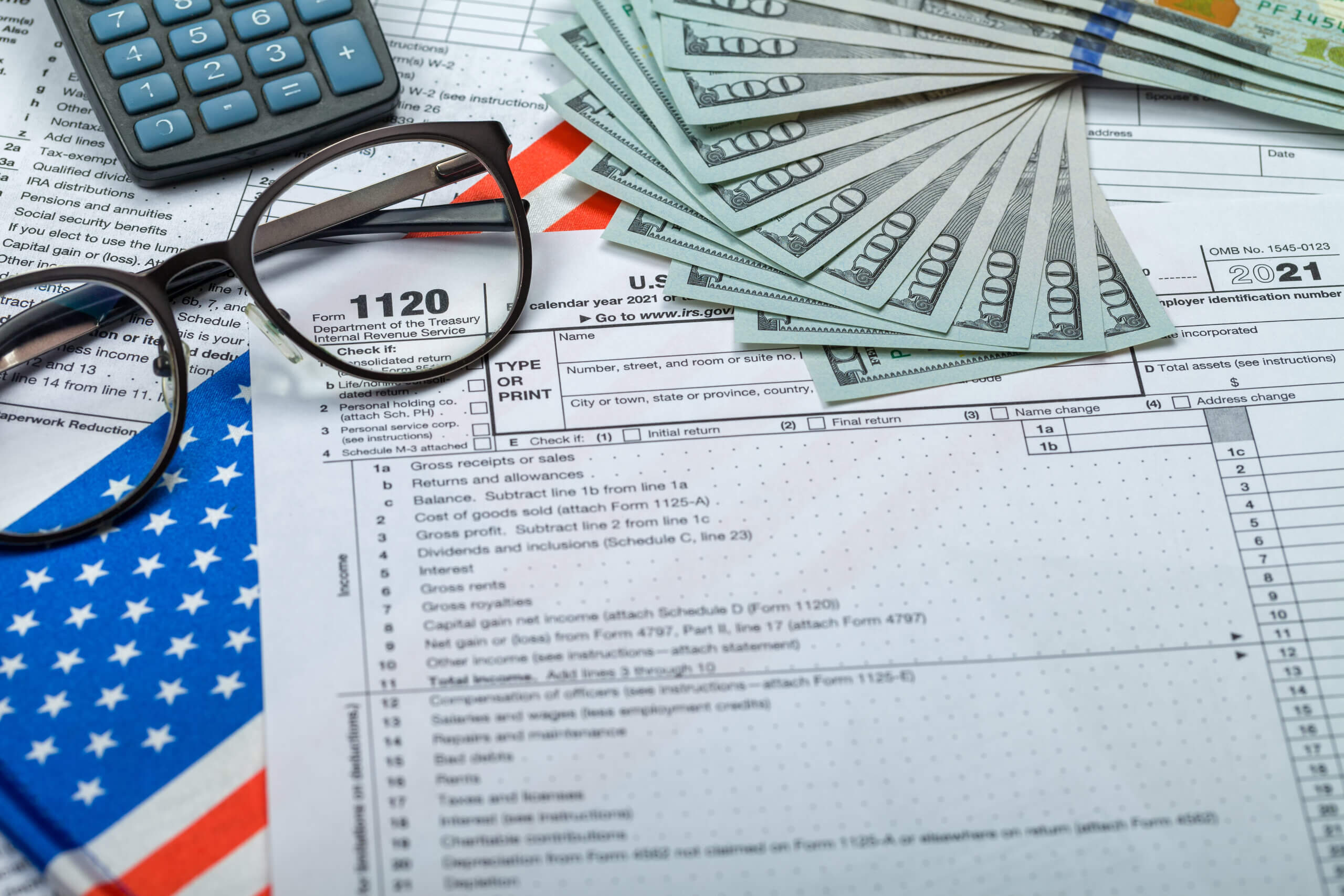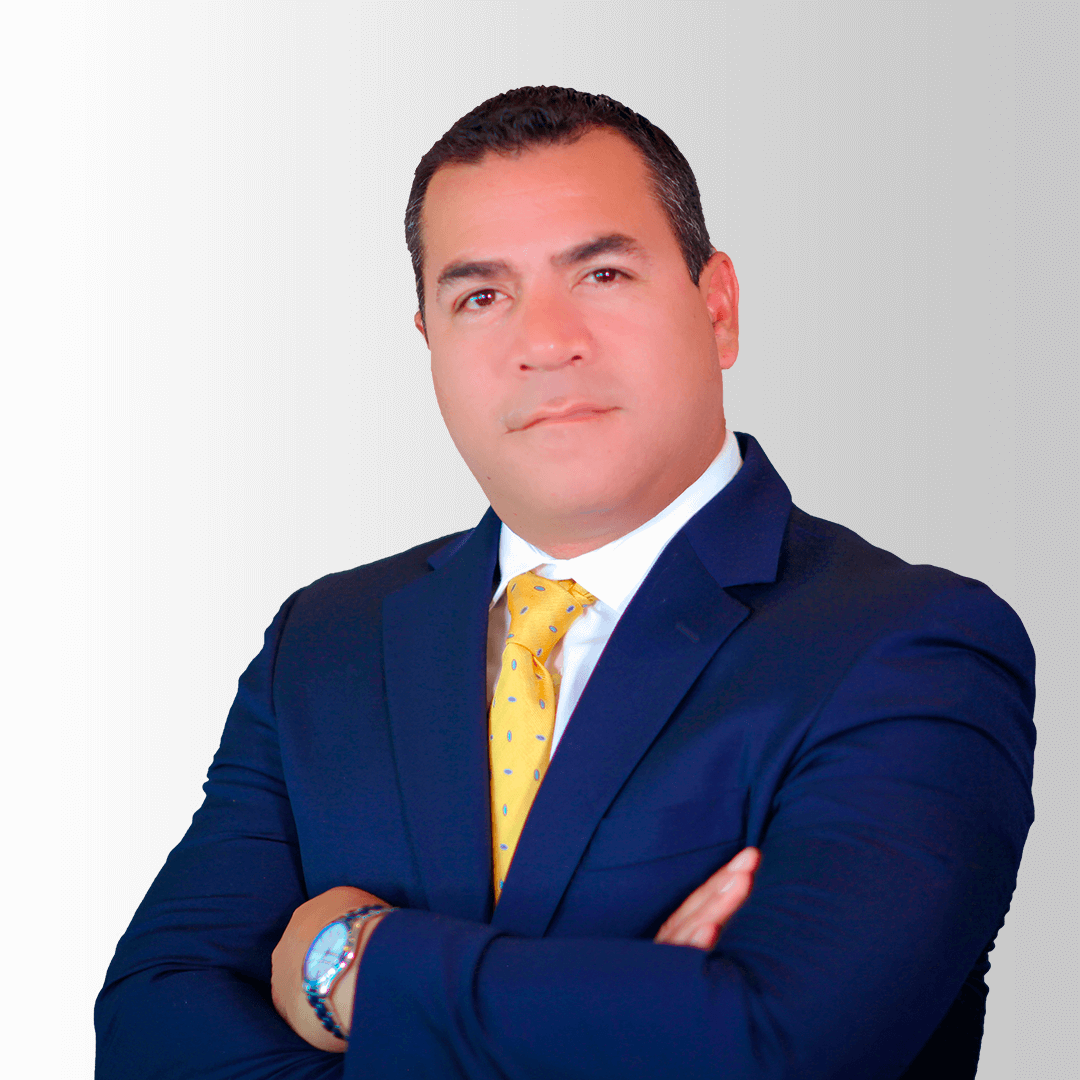A simple and clear guide for foreign investors looking to buy real estate in the U.S.
Florida is one of the top destinations for Latin American investors looking to enter the U.S. real estate market. With great weather, solid rental demand, and relatively low entry costs compared to cities like New York or Los Angeles, Florida offers excellent opportunities for long-term growth and income.
But as with any investment abroad, understanding the taxes involved is crucial to avoid surprises and properly calculate your return on investment (ROI).
Here’s a clear overview of the most important taxes and costs you should know about when investing in Florida as a foreign national.
1. Taxes When Buying the Property
- Documentary Stamp Tax
This is a state tax applied when the deed is transferred and recorded.
Typical rate: 0.7% of the purchase price.
Example: For a $300,000 home, you’d pay about $2,100.
- Closing Costs
These are not technically taxes but are essential to budget for. Closing costs can include legal fees, title searches, registration, and more.
Estimate: 2%–5% of the property price.
2. Taxes While Owning the Property
- Property Tax
An annual tax based on the assessed value of the property and the county it’s located in.
In Florida, property tax ranges from 0.8% to 2% per year.
Example: For a $350,000 property, you may pay between $2,800 and $7,000 annually.
- Rental Income Tax
If you rent out the property, your rental income is subject to U.S. taxation.
The IRS requires a 30% withholding on gross rental income if you do not file a U.S. tax return.
However, with proper tax filings (Form W-8ECI, for example), you can deduct expenses like mortgage interest, maintenance, insurance, and only pay taxes on the net income—often significantly lowering your tax burden.

3. Taxes When Selling the Property
- Capital Gains Tax
If you sell the property for more than you paid, you will owe taxes on the capital gain.
For foreign investors, the FIRPTA (Foreign Investment in Real Property Tax Act) requires a 15% withholding of the total sale price.
Later, you can file a tax return to recover part of that amount, based on your actual profit.
FIRPTA is one of the biggest surprises for foreign sellers—so having the right guidance is essential.
How Can You Reduce or Manage These Taxes?
- Buying through a U.S. LLC can optimize taxes, especially if you plan to rent the property.
- Having a tax advisor who understands both U.S. and foreign investor needs is critical.
- Some counties in Florida have lower property tax rates—choosing the right area can boost your ROI.
Investing in Florida real estate as a foreign national is absolutely possible—and increasingly common. But understanding the tax system is crucial to ensure a successful and profitable investment.
At InvestSouth , we guide you through the entire process: from selecting the right property to handling legal and tax matters—in your language and with full transparency.
👉 Ready to invest in Florida without stress? Book a free consultation at InvestSouth.ca
Buy with confidence. We’ll handle the rest.



Recent Comments